How do you host a pop-up event and what should you know about these unique occurrences? Here are 10 things to think about if you’re considering this fast-growing trend.
Pop-ups Are as Varied as Traditional Events
Offering pop-up events is as broad as saying you plan parties or conferences. There are pop-up dining events (that too is a broad range from underground supper clubs and speakeasies to “impromptu” cooking contests), retail space that converts overnight into a pop-up shop for a special promotion, flash mobs that introduce a moving art gallery, and many other creative uses.
Pay to Play or Not
Pop-up events can be free entrance to the public, as in a new retail space opening for a few days, or a costly experience, as is usually the case with dining events. Your clients’ goals and products/services they are showcasing will largely affect whether you charge for the events or not.
There Are no Ordinary Pop-Ups
The very idea of a pop-up is born of the unexpected. There is no run-of-the-mill pop-up. The venue, the time, and the secret exclusivity, conjure up excitement. Don’t disappoint with anything less than extraordinary and innovative. Pop-ups are premium events.
Pop-Ups Can Be Ticketed
Just because the pop-up event seems to happen in secret, with the randomness of high intrigue, it is acceptable and suggested to sell tickets ahead of time in the case of a dining experience. Selling tickets to a limited pop-up event also creates a sense of exclusivity. Not everyone can attend. You must have a ticket purchased in advance.
Unusual Spots May Require Unusual Licenses
The mistake of a newbie pop-up organizer often involves licensing and the realization one is needed at the last minute. Don’t allow an amazing venue to be ruined by not having the proper licensing. Don’t forget permits and insurance as well.
Social Media Largely Powers the Pop-Up. Use It.
Some retailer event planners will tell you pop-ups have been used in their industry since 1997. However, it’s only been with the advent of social media, and its ability to create a crowd at short notice, that these events have really started to spread like wildfire. One of the easiest marketing tools you’ll use for marketing your pop-up is social media and other forms of digital marketing.
Not only should you use it to market the event but also to keep in contact with past attendees. As mentioned earlier, the potential for word-of-mouth marketing in this sort of event is astronomical. You want to make sure you have some way to harness this after the event, such as a newsletter sign-up or a private Facebook group.
Pop-Ups Fit (Almost) Any Industry
Pop-ups are about creating an atmosphere people want to be a part of. It allows them to experience something unique and unexpected; something they can tell their tribe about that makes them feel like a celebrity. For this reason, you can use a pop-up event in nearly any industry that will allow for creativity and has the budget to create a unique experience.
Pop-ups are exciting events with impressive venues. There’s a lot of work behind each one because the very notion of a pop-up means they can’t be formulaic. In as much as planning is an absolute must, you must also allow each pop-up you host to be flavored by the client and their needs, each as unique as its host and the experience that occurs within its confines.
Happy planning!

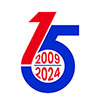

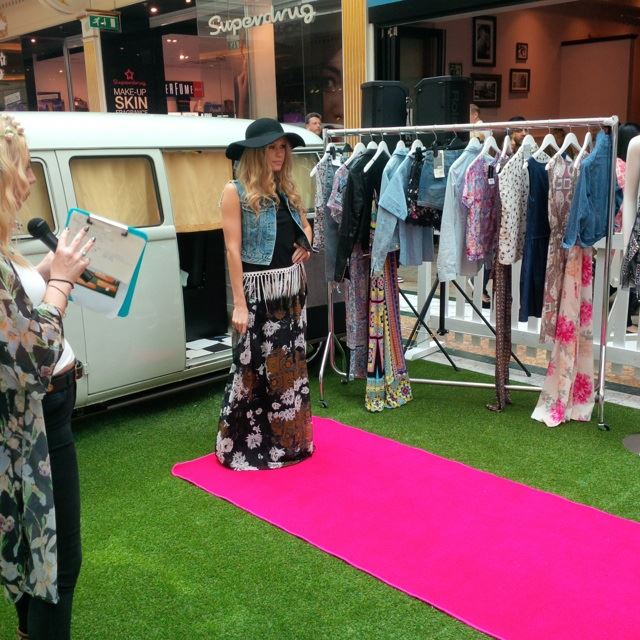
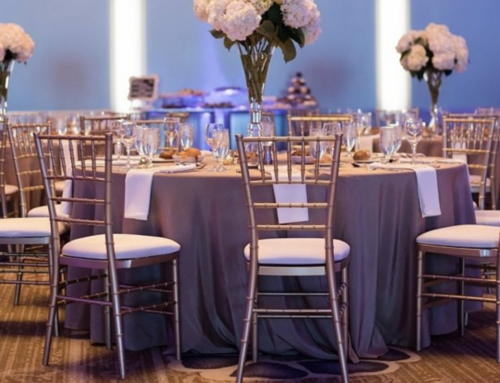
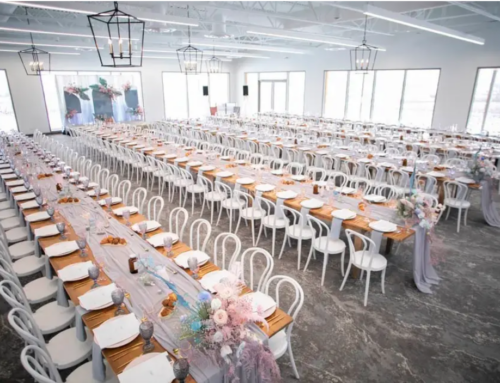
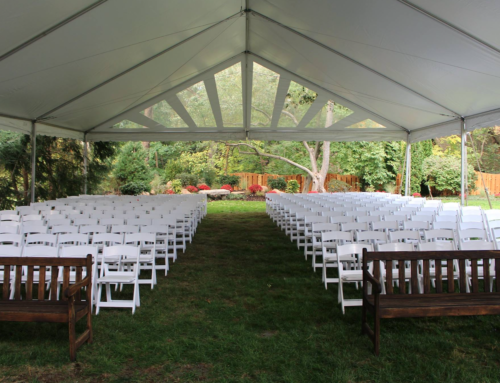
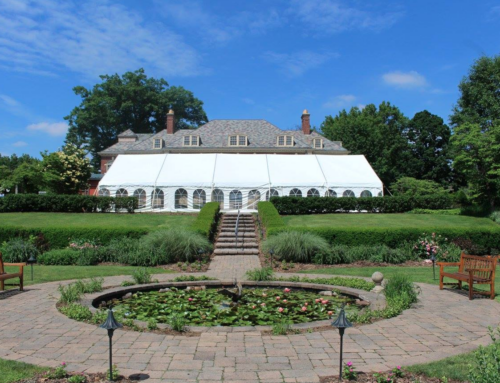
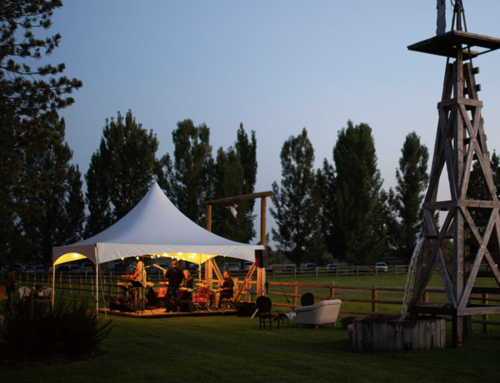
Leave A Comment
You must be logged in to post a comment.